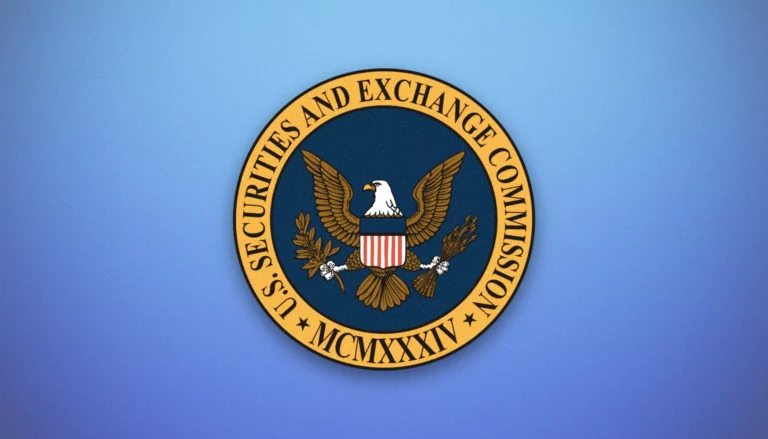On May 20, 2015, the SEC issued proposed amendments to Form ADV and the Investment Advisers Act rules. In the release, the SEC proposed amendments to Form ADV that would require advisers to disclose additional information, such as information about separately managed account business, and allow private fund adviser entities operating a single advisory business to file one Form ADV. The release also contains proposed amendments to the Advisers Act books and records rule.
Umbrella Registration
Form ADV was originally designed for use by an investment adviser that is a single legal entity. Private fund advisers, however, are frequently organized using multiple legal entities. The proposed amendments would permit “umbrella registration” of multiple private fund adviser entities operating a single advisory business on a single Form ADV. This has been happening informally under SEC guidance but with this change the form will embody common practice. Umbrella registration would be available for advisers that meet the following conditions, which constitute “indicia of a single advisory business”:
- The adviser group advises only private funds and clients in separately managed accounts that are “qualified clients” as defined in Advisers Act Rule 205-3 and are otherwise eligible to invest in the private funds advised by the adviser group and whose accounts pursue investment objectives and strategies that are substantially similar or otherwise related to those private funds;
- The filing adviser’s principal office and place of business are in the U.S. and all of the substantive provisions of the Advisers Act and its rules apply to the adviser group’s dealings with each of its clients;
- Each relying adviser and its employees and agents are subject to the filing adviser’s supervision and control;
- The advisory activities of each relying adviser are subject to the Advisers Act and its rules, and each relying adviser is subject to examination by the SEC; and
- The adviser group operates under a single code of ethics and a single set of written policies and procedures adopted and implemented in accordance with the Advisers Act and administered by a single chief compliance officer.
Changes to Form ADV
If the rules proposed in the release are adopted without revision, private fund managers would be required to collect and report a great deal of new information. Following are some of the key new data they would have to track going forward:
- Approximate percentage of separately managed account regulatory assets under management invested in ten broad asset categories, such as exchange-traded equity securities and U.S. government/agency bonds.
- Advisers with at least $150 million in regulatory assets under management attributable to separately managed accounts would be required to report information on the use of borrowings and derivatives in those accounts, only with respect to separately managed accounts with a net asset value of at least $10 million.
- Advisers with at least $150 million but less than $10 billion in regulatory assets under management attributable to separately managed accounts would be required to report the number of accounts that correspond to certain categories of gross notional exposure, and the weighted average amount of borrowings (as a percentage of net asset value) in those accounts.
- Advisers with at least $10 billion in regulatory assets under management attributable to separately managed accounts would be required to report the gross notional exposure and borrowing information and the weighted average gross notional value of derivatives (as a percentage of the net asset value) in each of six different categories of derivatives.
- Percentage of separately managed account assets held in derivatives.
- Names of any custodians that account for at least 10% of separately managed account regulatory assets under management, and the amount of the adviser’s regulatory assets under management attributable to separately managed accounts held at each custodian.
- Total number of offices at which the adviser conducts investment advisory business.
- Information about the 25 largest offices by number of employees (up from five as required by the current form).
- The number of employees who perform advisory functions from each office.
- The business activities conducted from each office.
- Any other investment-related business conducted from each office.
- Whether the chief compliance officer is compensated or employed by any person other than the adviser for providing chief compliance officer services.
- The adviser’s own assets within a given range.
- Social media addresses for websites for social media platforms, such as Twitter, Facebook, and LinkedIn.
- The number of clients and amount of regulatory assets under management attributable to each category of clients as of the date the adviser determines its regulatory assets under management.
- The number of clients for whom an adviser provided advisory services but does not have regulatory assets under management.
- The approximate amount of an adviser’s regulatory assets under management that is attributable to non-U.S. clients.
- The total amount of regulatory assets under management attributable to acting as a sponsor and/or portfolio manager of a wrap fee program.
Proposed Amendments to Investment Advisers Act Books and Records Rule (Rule 204-2)
The SEC has also proposed that advisers retain additional records related to reporting of performance claims, namely:
- Records supporting performance claims in communications that the adviser distributed or circulated directly or indirectly to any person (up from the requirement of the current form of ten or more persons).
- Originals of all written communications received and copies of written communications sent relating to the performance or rate of return of any or all managed accounts or securities recommendations.
In general, the SEC’s proposed rules, if adopted unchanged, will not be a significant burden to most investment advisers. The provisions related to umbrella registration, will in fact be helpful.
© 2015 Alexander J. Davie — This article is for general information only. The information presented should not be construed to be formal legal advice nor the formation of a lawyer/client relationship.




